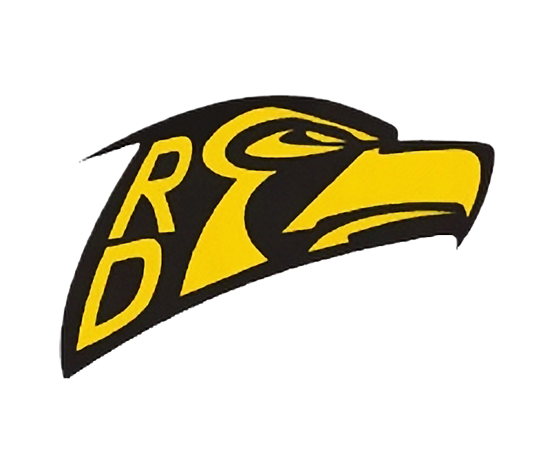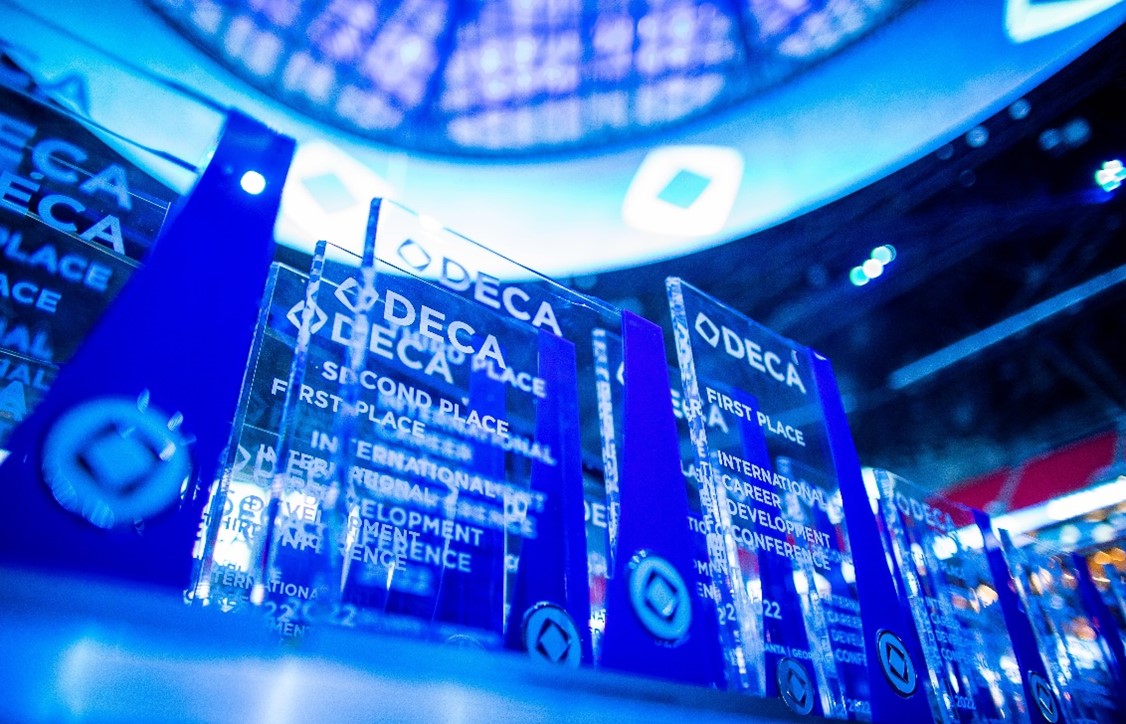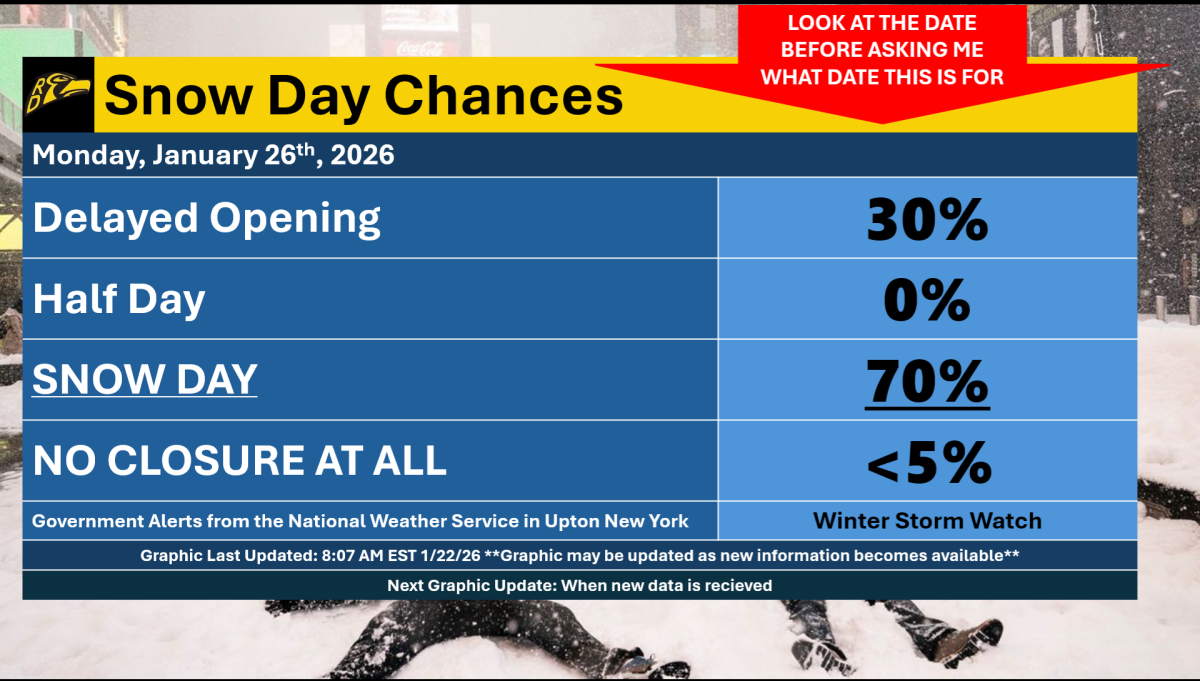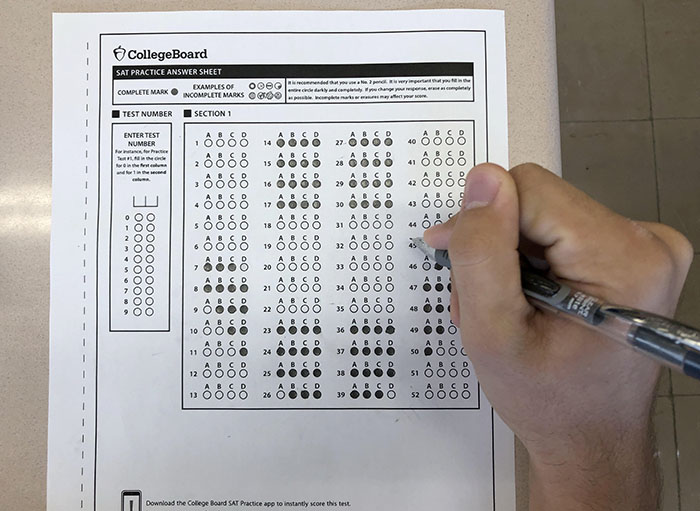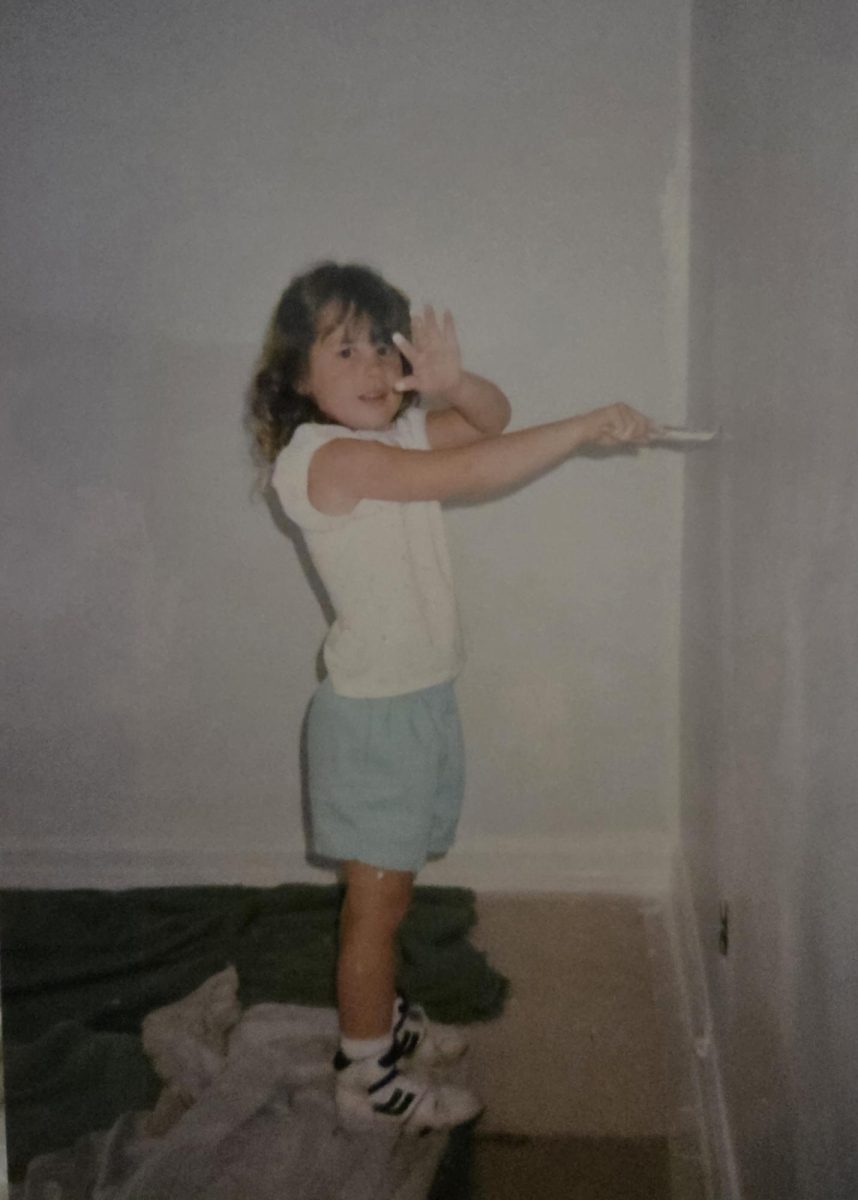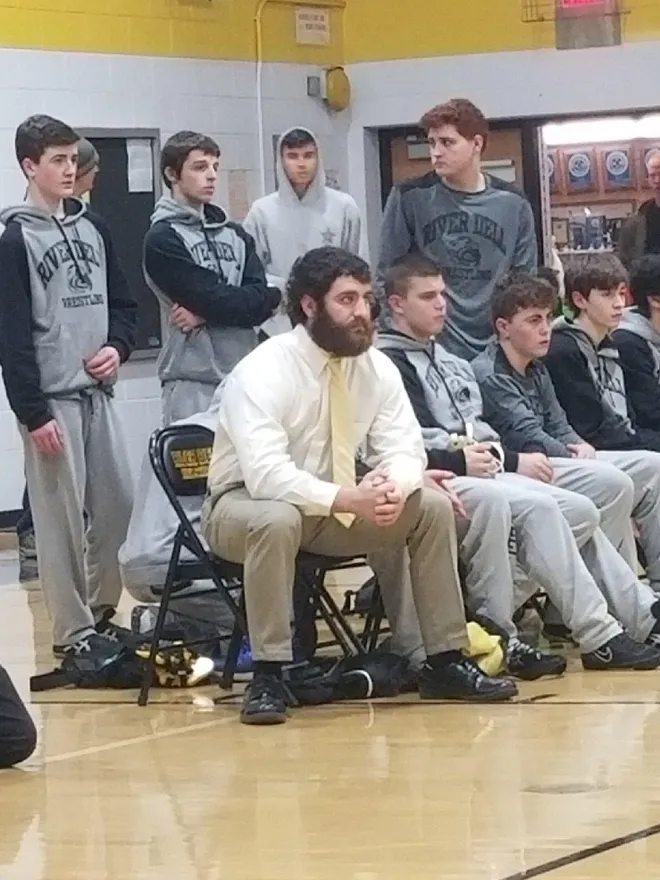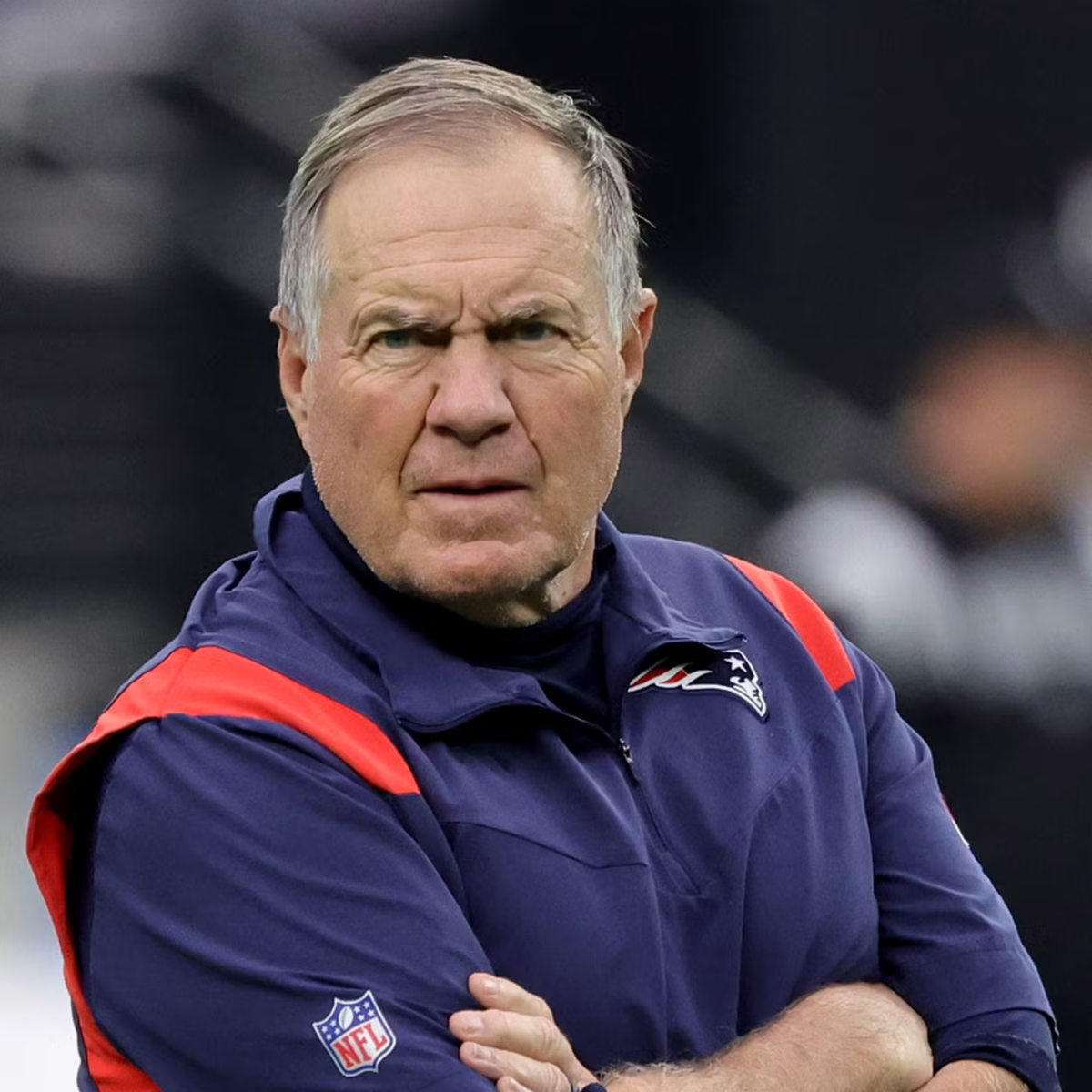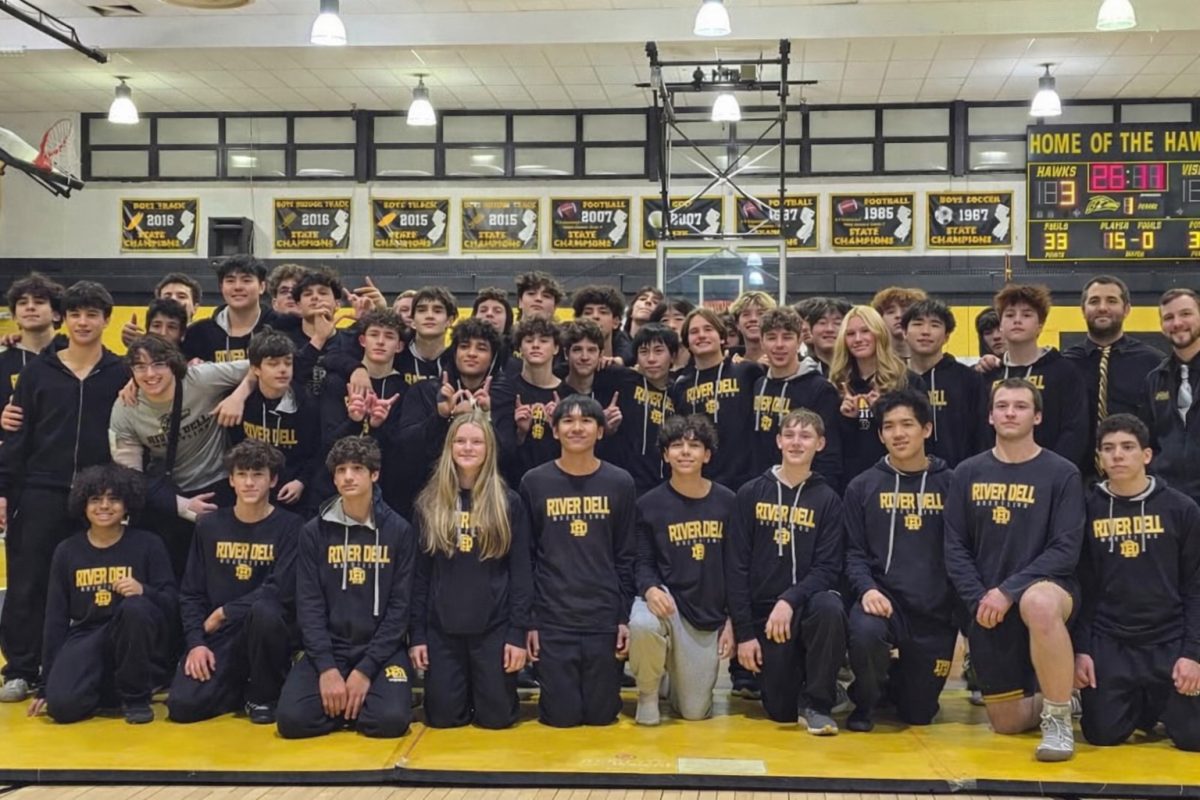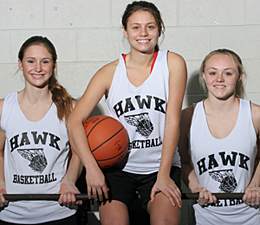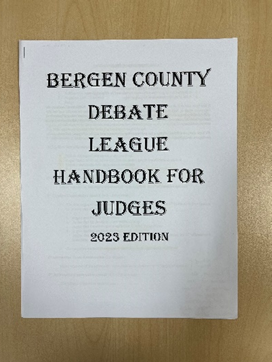River Dell’s very own JV debate team is taking their debating skills to new heights. On December 3rd, the team participated in their first home debate.
Once a month, the JV debate team, consisting of 30 students, visits different high schools to compete against after school. For Varsity debaters, the administration excuses them from school, and they debate throughout the school day.
A traditional JV debate consists of two rounds with two teams, a judge, and a timekeeper per round.
A timekeeper controls the timer for each team’s speeches and cross-examinations. Every speech is five minutes long, cross-examinations are two minutes, and rebuttals are three minutes. Debaters lose points for speeches significantly under this time limit.
Every debate must also have two teams consisting of two debaters each. One team is the affirmative and the other is called the negative team. The Affirmative team proposes a plan that pertains to the resolve. For example, this year’s resolve is “The United States federal government should significantly strengthen its protection of domestic intellectual property rights in copyrights, patents, and/or trademarks.”
The affirmative team must present a plan with evidence to support this resolve. It is the negative team’s job to attack this plan as it relates to the five pillars of debate. These pillars include Necessity, Topicality, Feasibility, Fundability, and Solvency. After each team has stated their argument, proved it, and responded to the other team’s rebuttals, a judge decides the winner.
The judge scores debaters on a 1-10 pointe scale based on the content of their speech as well as their speaking skills. For example, Swara Jhaveri, a JV judge, explained that when scoring debaters, she makes sure that debaters are not using, “filler words, [or add] long gaps [between sentences].”
Audrey Cho, a JV debater shared that she is working on “getting rid of the words ‘like’ and ‘um’” in her speeches.
If a debater does use “filler words” in their speech or has not met specific requirements, the judge will mark this down on a ballot. They then send the ballot to the coaches who analyze it.
Ms. Connolly, the coach of the debate team for the past eight years, explained the content she looks for when analyzing ballots. She said that she looks to make sure debaters are not “getting the same feedback” after multiple debates. In other words, she confirms that students are taking constructive criticism from the judges, making changes, and improving for the next debate.
Ms. Connolly also added that a good debater can think on their feet.
Audrey Cho, who went 2-0 in this past debate, said, “Making up speeches on the spot” is challenging for her, however, she has also gained important life skills from debate.
Not only do students sharpen their writing, thinking, and researching skills, they also learn how to encounter disagreements.
“I think it is interesting to debate against people with different perspectives,” Audrey pointed out. “It’s really good for life situations where you are going to agree with someone else.”

